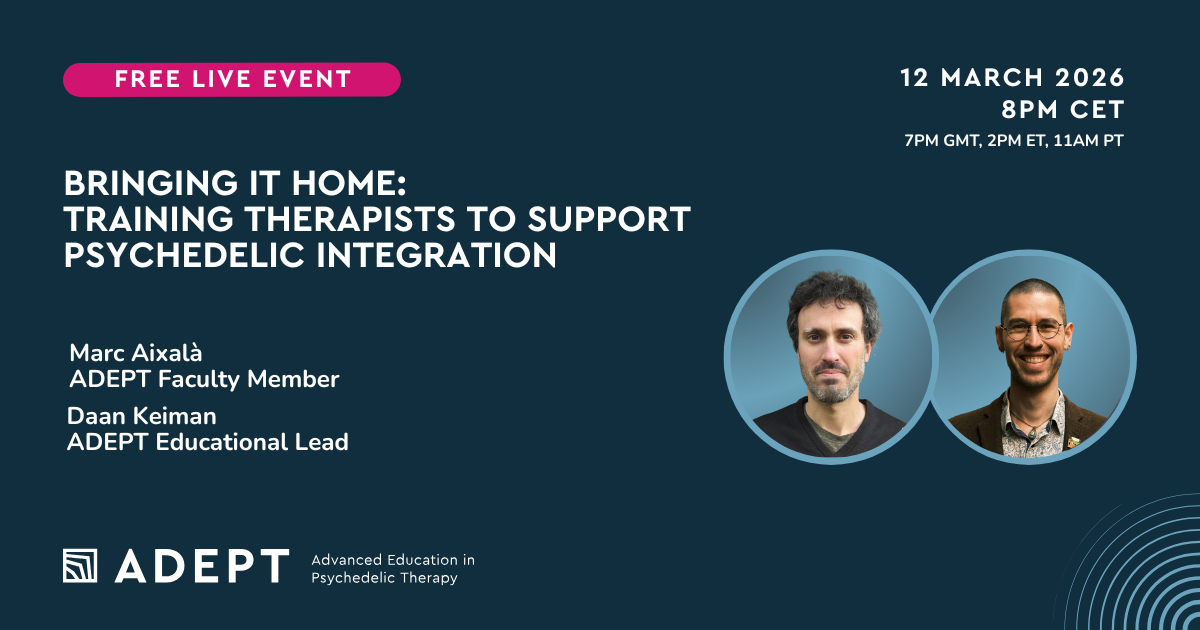Abstract
The recent renaissance in research on psychedelic-assisted psychotherapy is showing great promise for the treatment of many psychiatric conditions. Interestingly, therapeutic outcomes for patients undergoing these treatments are predicted by the occurrence of a mystical experience-an experience characterised in part by a sense of profound meaning. This has led to hypotheses that psychedelic-assisted psychotherapy is therapeutic because it enhances perception of meaning, and consequently leads to a meaning response (a therapeutic mechanism that has been well described in the philosophical literature on the placebo effect). The putative mechanism of action of psychedelics as meaning enhancers raises normative ethical questions as to whether it can be justified to pharmacologically increase the perception of meaning in order to heal patients. Using the perspectives of hedonistic moral theories, this paper argues that if psychedelics operate as meaning enhancers, psychedelic-assisted psychotherapy can be ethically justified. An anti-hedonistic objection is presented by applying Robert Nozick’s Experience Machine thought experiment to the case of psychedelic-assisted psychotherapy. However, it is argued that this objection falls short for two reasons. First, even if pleasure and pain are not the only consequences which have moral value they are not morally irrelevant, therefore, therapeutic meaning enhancement can still be justified in cases of extreme suffering. Second, it is possible that psychedelic states of consciousness do not represent a false reality, hence their therapeutic meaning enhancement is not problematic according to Nozick’s standards.
Miceli McMillan R. (2021). Prescribing meaning: hedonistic perspectives on the therapeutic use of psychedelic-assisted meaning enhancement. Journal of medical ethics, 47(10), 701–705. https://doi.org/10.1136/medethics-2020-106619













